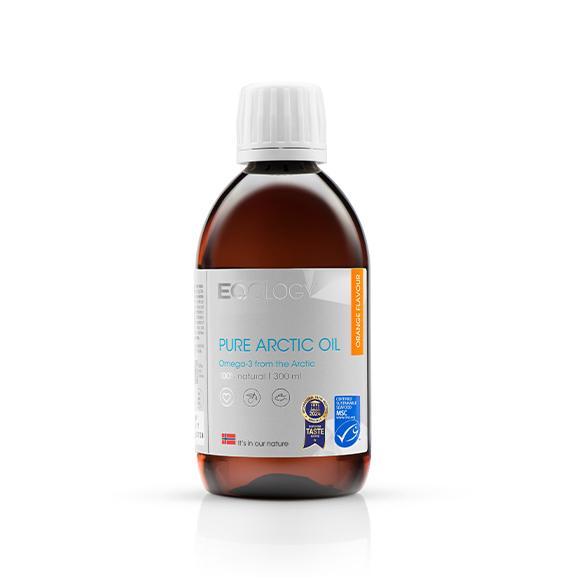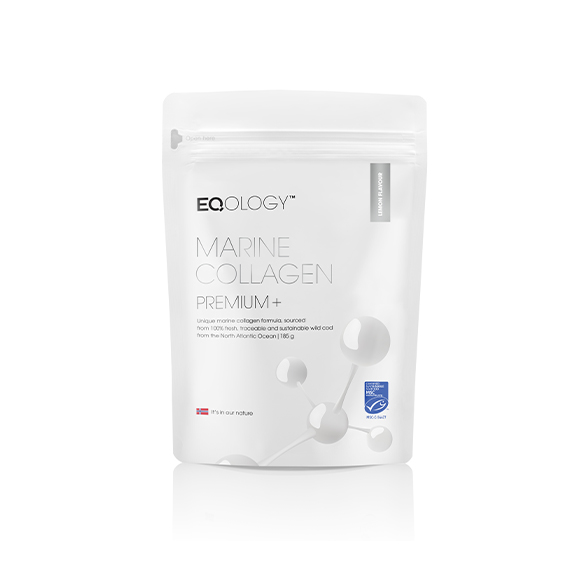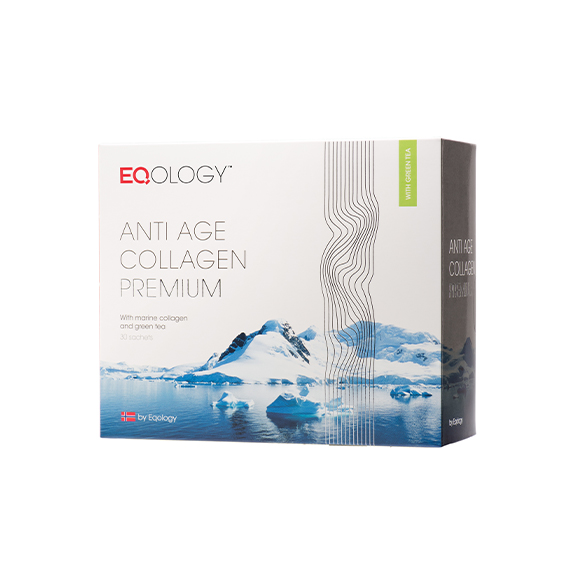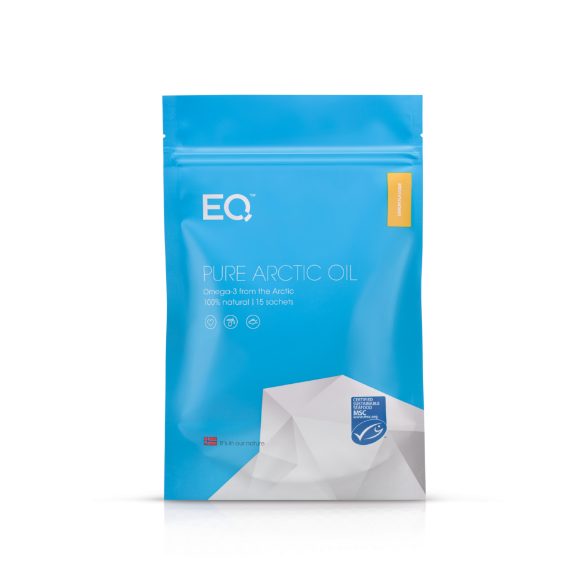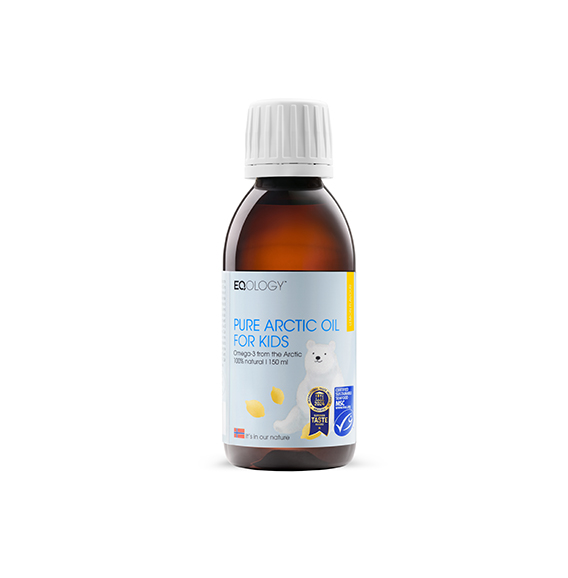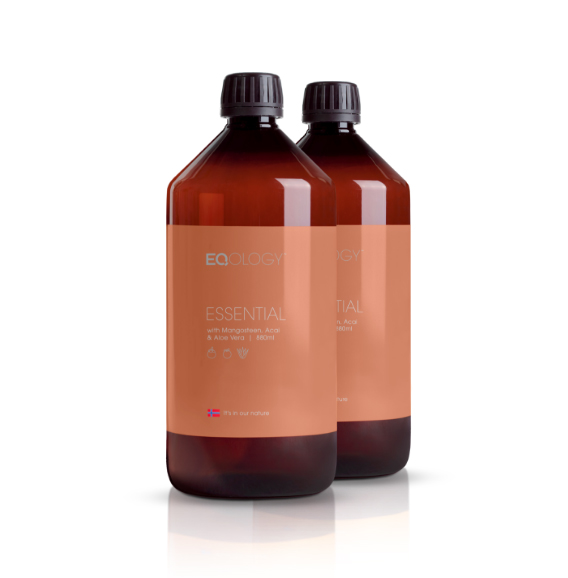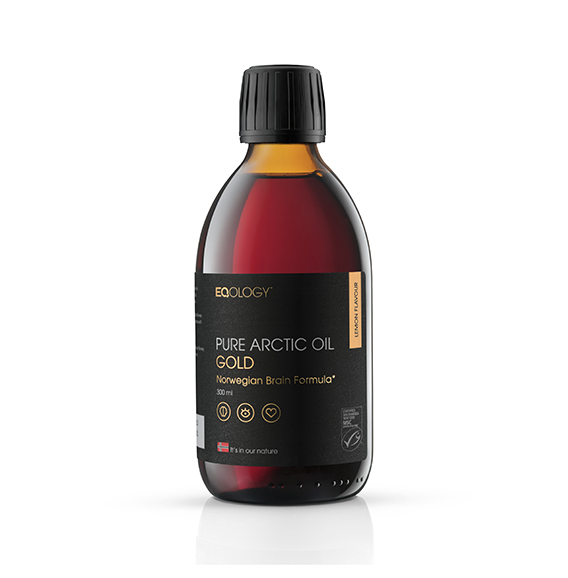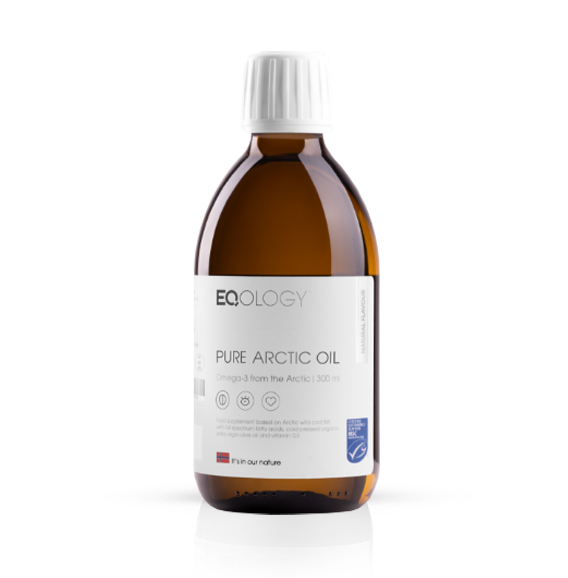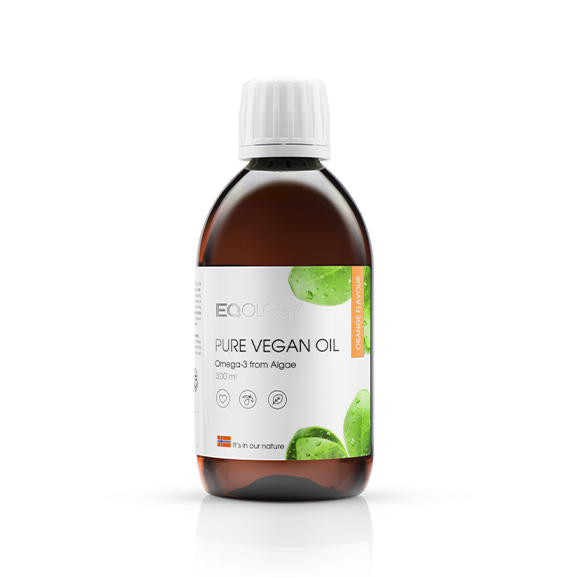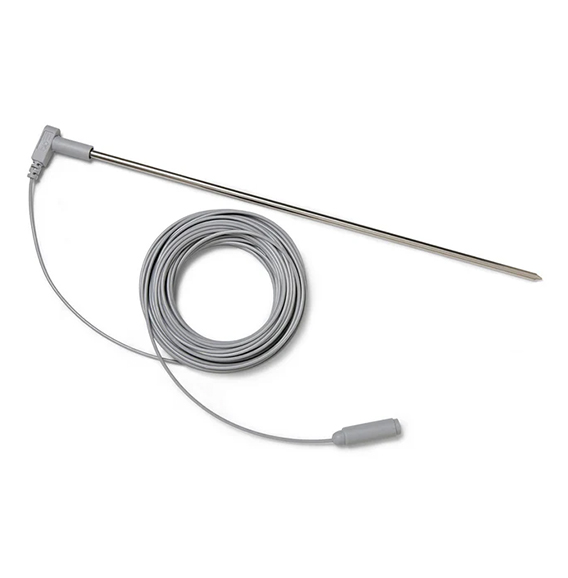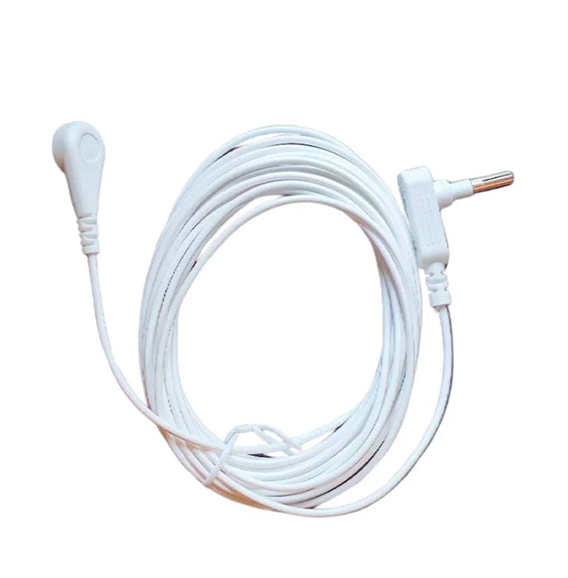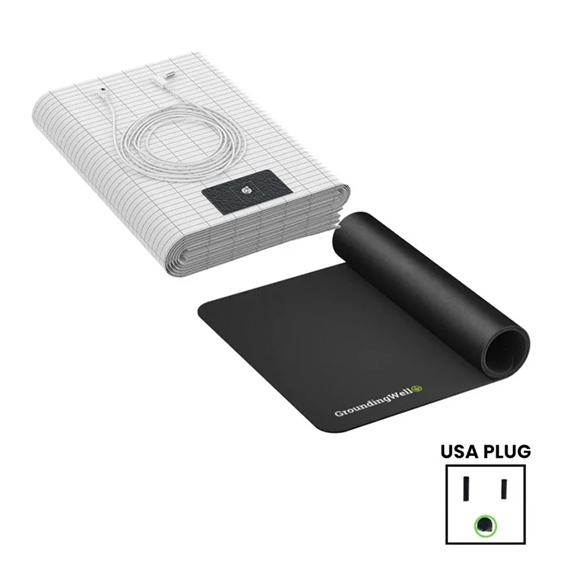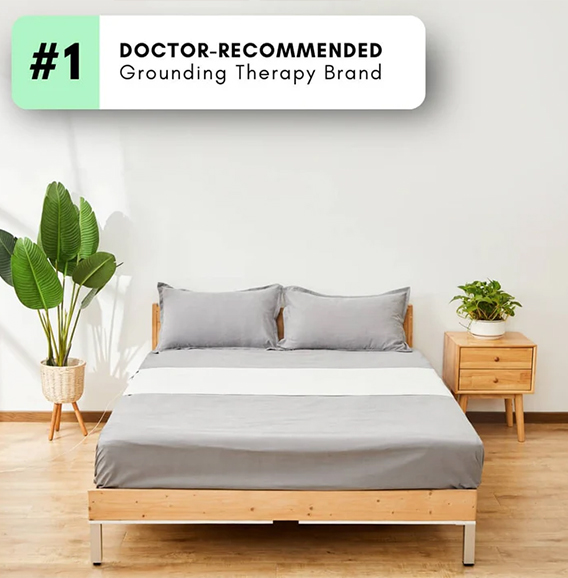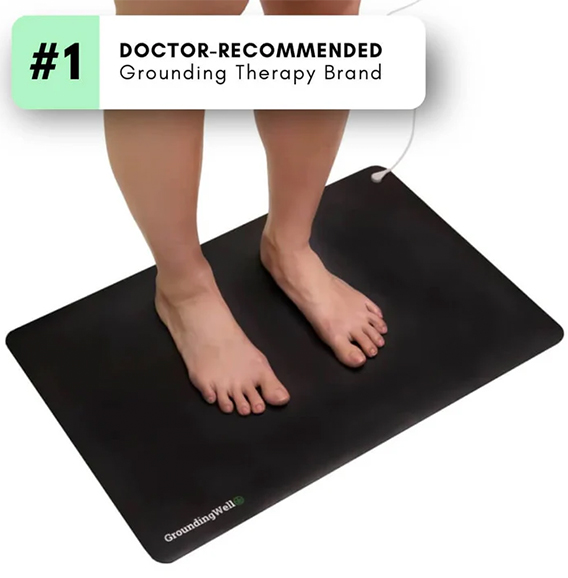Why We Prioritise Safety in Our Hyperbaric Chamber in Hertfordshire
At our clinic offering Hyperbaric Chamber therapy in Hertfordshire, your well-being always comes first — not just during the session, but before and after, too. We aim to create a space where you feel supported, understood, and confident sharing anything that could affect your therapy results.
That’s why it’s important to speak openly about pressure-related symptoms — especially past issues involving your ears or sinuses. These often-overlooked details can have a big impact on your experience and safety during hyperbaric oxygen therapy (HBOT).
What is Barotrauma?
Barotrauma is a pressure-related injury that happens when air pressure changes faster than your body can adapt. It commonly affects air-filled spaces in the body like the ears, sinuses, and lungs.
If you’ve ever had:
-
Ear discomfort during a flight
-
Sinus pressure after a cold
-
Pain during a dive or a previous HBOT session
…then you’ve likely experienced mild barotrauma.
It may feel minor, but even mild symptoms can weaken the Eustachian tubes (which help equalise pressure) or cause inflammation — increasing the risk of discomfort or complications during future hyperbaric therapy sessions.
How Does Barotrauma Feel?
Barotrauma isn’t always intense — which is why it can get overlooked. But it might show up as:
-
A sense of fullness or pressure in the ears
-
Popping, crackling, or muffled hearing
-
Blocked sinuses or facial pressure
-
Pain during descent in pressure
-
Dizziness or temporary hearing changes
Even after a cold or flight, these symptoms can linger for weeks — and make pressure changes in the hyperbaric chamber more uncomfortable.
When Can Barotrauma Occur?
Barotrauma is more common than many realise and can happen:
-
During flight take-off or landing
-
While diving — even at shallow depths
-
In a hyperbaric chamber (especially if pressurisation is too quick)
-
With sinus congestion or heavy nose blowing
Blocked sinuses, even mild ones, make it harder for your body to equalise pressure — increasing the chance of injury.
Who Is More at Risk During Hyperbaric Oxygen Therapy?
You may be more susceptible to barotrauma if:
-
You have a cold, seasonal allergies, or sinus congestion
-
Your Eustachian tubes are naturally narrow or don’t function well
-
You’ve experienced barotrauma in the past
At our Hyperbaric Chamber in Hertfordshire, we adapt each session to your individual health needs — but we can only do this effectively if we know about your history.
Why It’s So Important to Tell Us About Even Mild Symptoms
Even if it seems like “just a blocked ear,” letting us know allows us to:
-
Slow the rate of pressurisation
-
Adjust your body position
-
Monitor you more closely
-
Prevent discomfort or injury during treatment
Full disclosure isn’t about overreacting — it’s about keeping you comfortable, safe, and supported.
Natural Home Remedies for Ear and Sinus Pressure
Whether you’re recovering from barotrauma or want to reduce the risk, here are gentle, natural methods to support healing:
Warm Compresses
Apply a warm cloth to your ear or face for 10–15 minutes, several times a day to reduce pressure and support drainage.
Steam Inhalation
Lean over a bowl of hot water with a towel over your head and breathe in gently for 10 minutes. Add eucalyptus or peppermint oil for added relief.
Stay Hydrated
Drink plenty of water and avoid dehydrating substances like caffeine and alcohol. Thin mucus drains more easily.
Ear “Pumping” Exercises
Try the Toynbee manoeuvre: pinch your nose and swallow water to gently open the Eustachian tubes.
Sleep Slightly Elevated
Use an extra pillow at night to encourage overnight sinus drainage.
Lymphatic Massage
Gently massage behind the ears and down the neck in circular motions, especially after a warm shower or steam inhalation. This promotes fluid drainage and supports natural pressure balance.
Are NHS Sprays Enough?
Steroid or decongestant sprays prescribed by your GP can be helpful in reducing inflammation. However, persistent blockages often require additional support.
Combining natural remedies with standard medical treatments offers a more comprehensive recovery approach — particularly before or after sessions in our Hyperbaric Chamber in Hertfordshire.
Supplements That Support Natural Healing
If you’re preparing for hyperbaric therapy or recovering from barotrauma, consider adding the following (with GP approval):
Morning:
Midday:
Afternoon:
-
Manuka Honey (1 tsp): soothing and antibacterial
Evening Routine:
-
Steam inhalation
-
Warm compress
-
Ear pumping exercises
-
Elevated sleeping position
What to Avoid Before Your Hyperbaric Session
-
HBOT, flying, or diving with blocked ears or sinuses
-
Forceful nose blowing
-
Mucus-thickening foods like dairy (temporarily)
-
Ignoring symptoms lasting more than a few days
If symptoms worsen or you experience pain, dizziness, or fever, consult a GP. These may be signs of infection requiring medical treatment.
Final Thoughts: It’s Not “Just Your Ears”
When it comes to hyperbaric therapy in Hertfordshire, even small symptoms matter. By sharing your full health picture with us — even minor or lingering issues — you help us create the safest and most effective experience possible.
Barotrauma can be managed with care, awareness, and support. Together, we can ensure that your therapy is both comfortable and healing.



